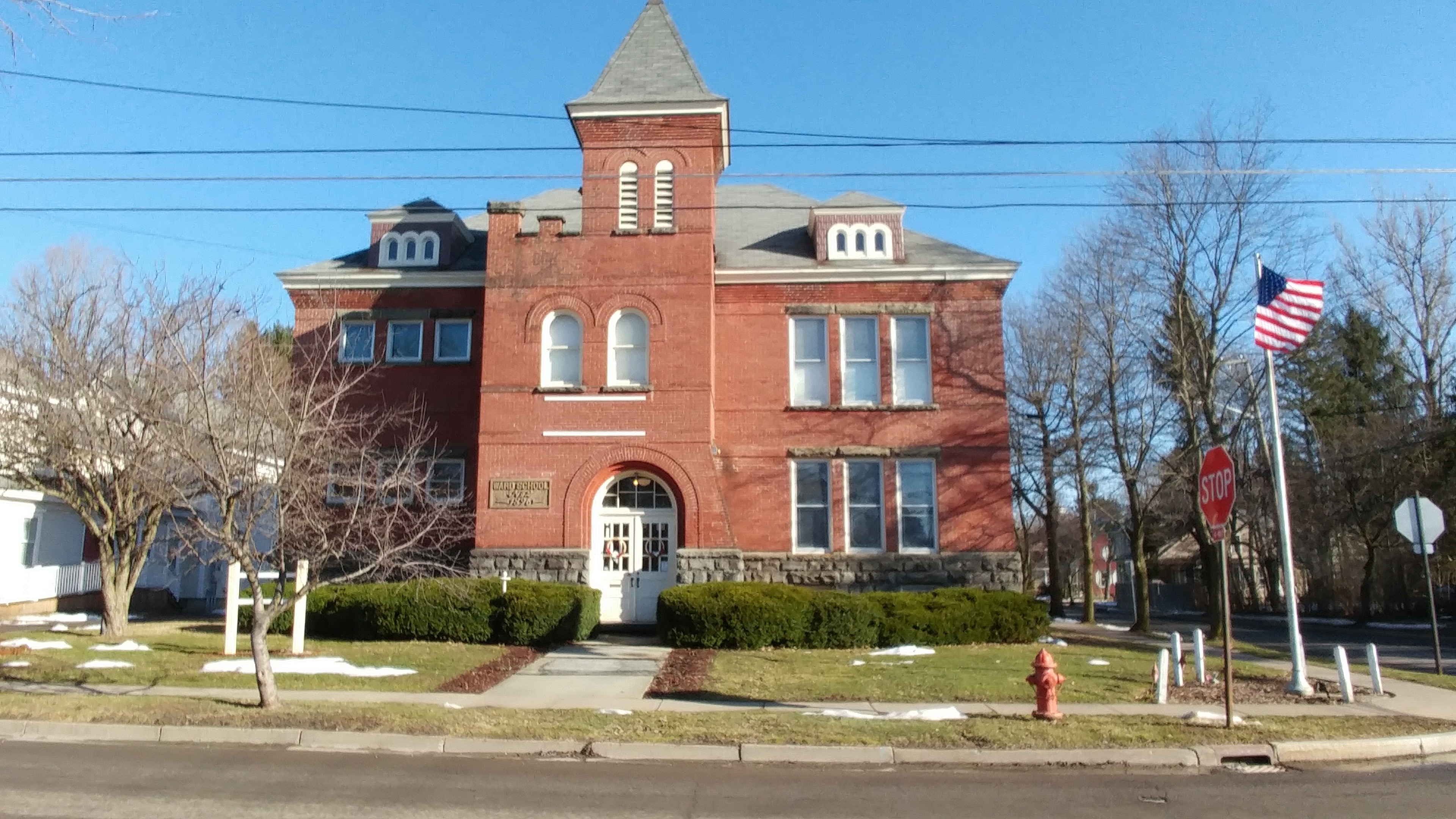We are excited to announce that 14 collecting institutions have been selected by our independent field reviewers to receive free DHPSNY services. We commend these institutions for their commitment to strengthening their preservation programs and practices, and it’s an honor to collaborate with them as they advance their missions. Explore the list of recipients below; learn more in the full press release.…
Blog
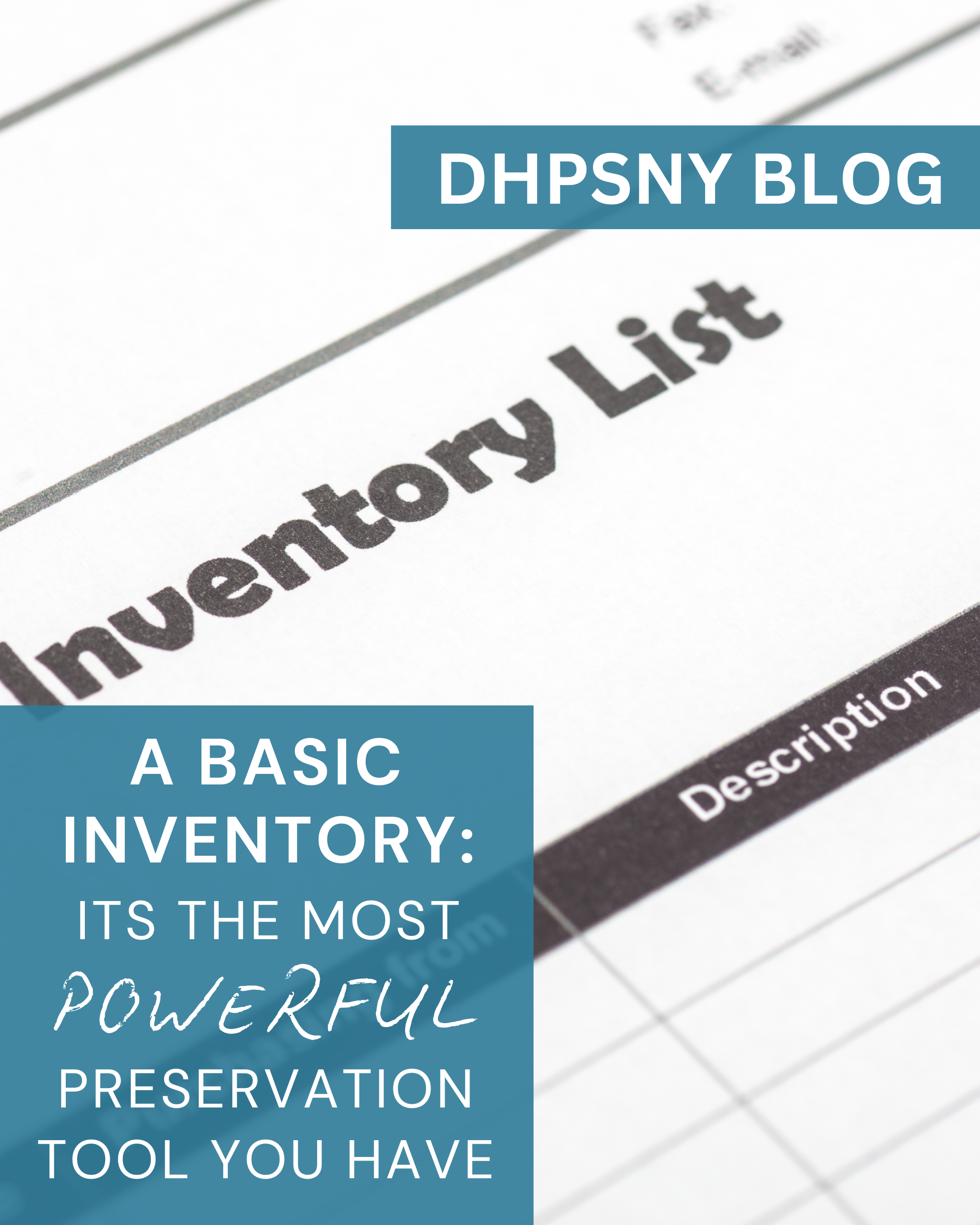
For many collecting institutions, understanding what they hold is shaped by years or decades of growth, changing staff and volunteers, and evolving recordkeeping practices. Important materials may be well cared for but documented in different ways, at different moments in time. Information can live in older inventories, accession files, legacy databases, or informal notes, and some parts of the collection may not be documented at all. As a result, staff and volunteers may not have a clear, current picture of what is in their collections or where everything is located.
This is…
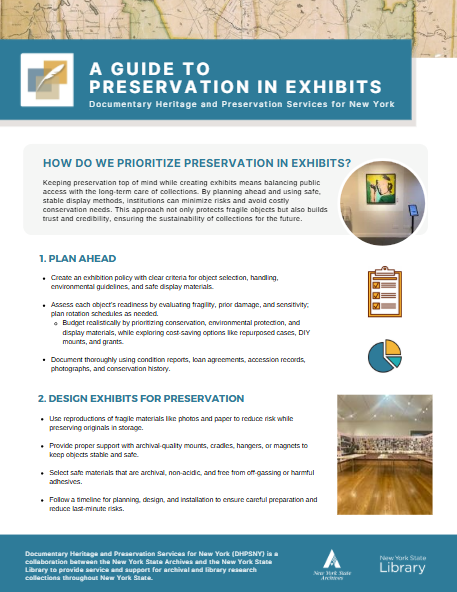
Last year, DHPSNY published A Guide to Processing Plans, a technical bulletin designed to help collecting organizations plan and carry out archival processing work. Building on that resource, we are now pleased to announce the release of three new technical bulletins, covering the topics of preservation in exhibits, choosing a collections management system (CMS), and conducting a basic inventory. Read below to learn more about each new technical bulletin, available in both English and Spanish.
A Guide to…
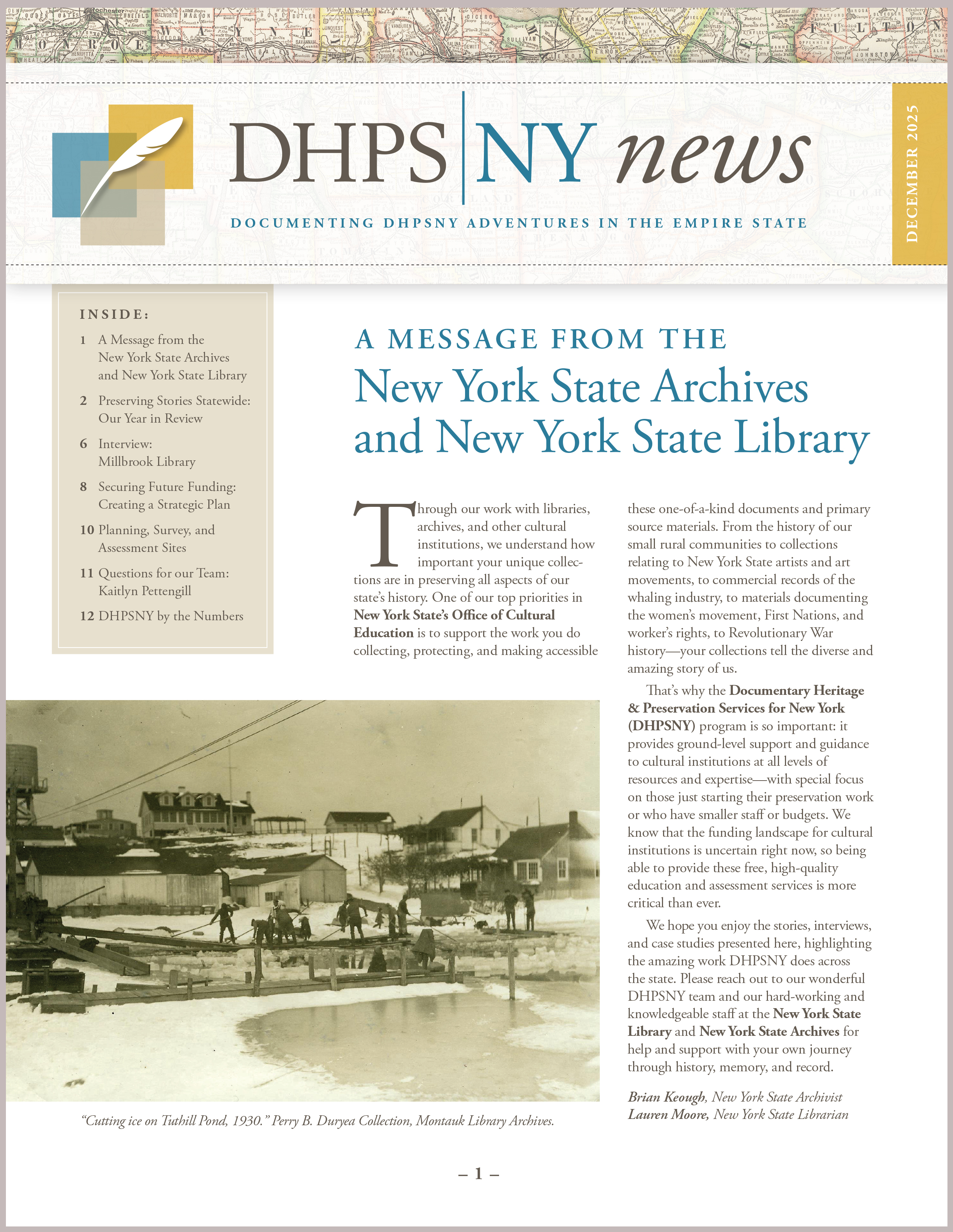
As the year comes to a close, we’re celebrating the archivists, librarians, and organizations caring for New York State’s archival collections — and the shared work that sustains them. Thank you all!
Explore our year-end newsletter for highlights from 2025, including an interview with Millbrook Library on their grant-funded success, an interview with our newest team member Kaitlyn Pettengill, insights on the benefits of strategic planning, and more updates from across the DHPSNY network.

By Sarah Wilkinson
DHPSNY, in collaboration with the New York Council of Nonprofits (NYCON), facilitates Strategic Planning Assistance to help cultural organizations across New York State build clarity and capacity. In this guest article, Sarah Wilkinson — who brings over 20 years of experience guiding mission-driven organizations through strategic planning, communications, and program development — shares a behind-the-scenes look of what the process entails and why it matters.
…
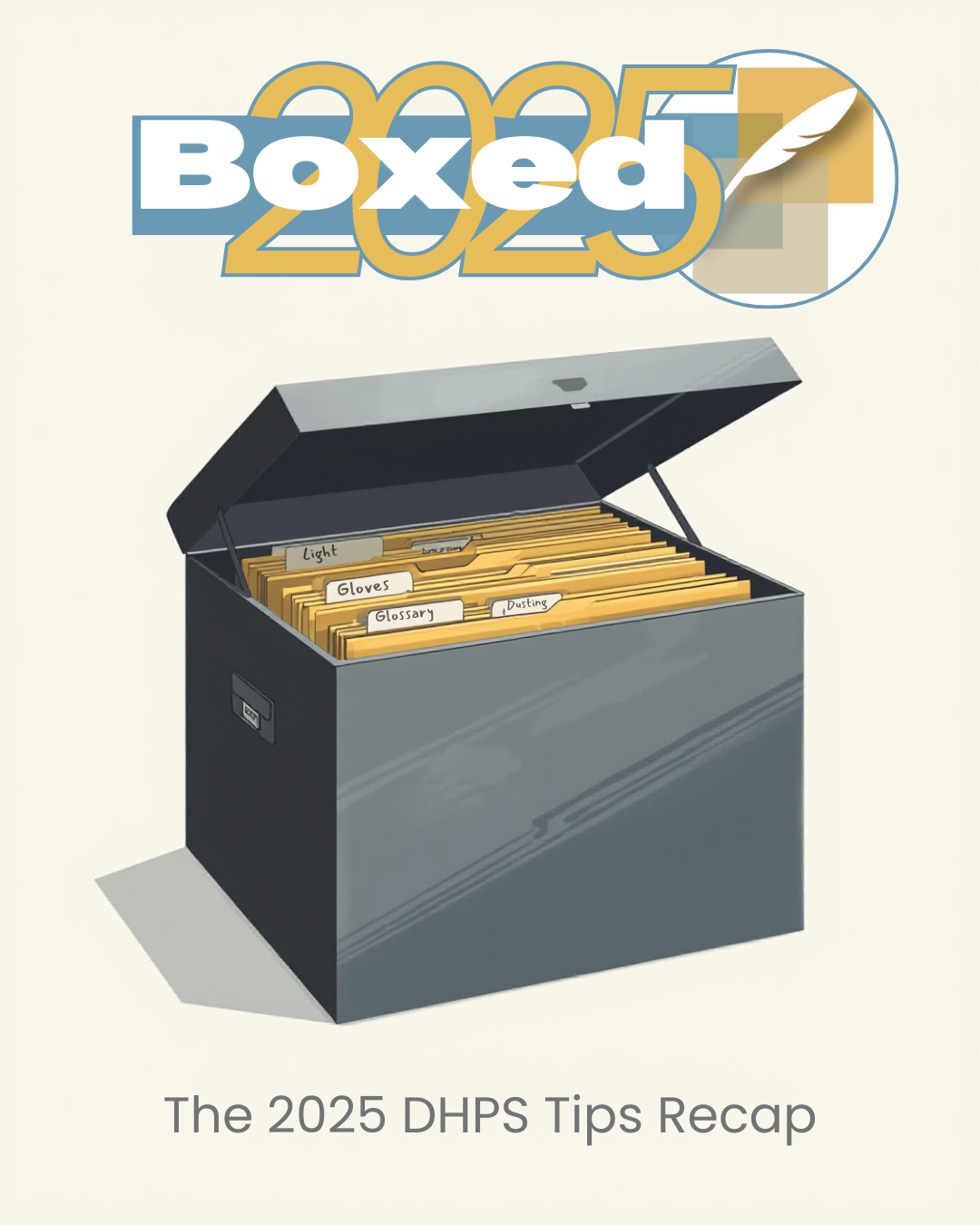
DHPS Tips 2025 Wrapped Boxed
What did your playlists look like in 2025? If you’re a Spotify (or Apple Music, or YouTube Music) listener, you’ve probably already scrolled through this year’s “Wrapped”-style recap of your most-played tracks. Last year, we joined the fun with 2024 DHPS Tips Wrapped, rounding up the preservation posts that got the most reads.
This year, we’re staying in our lane and going all-in on one of our favorite preservation tools: the archival box. Instead of songs on a playlist, think of…
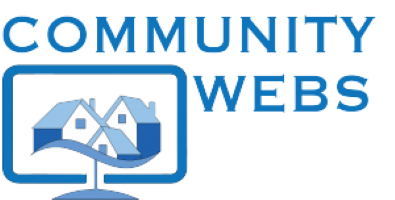
DHPSNY is excited to partner with the Internet Archive’s Community Webs program to support New York State libraries, historical societies, museums, and community-based heritage organizations in building capacity for web archiving and digital preservation.
This free program runs February through June 2026 and includes training, mentorship, and guided project work, culminating in a July showcase. Participants will gain access to the Internet Archive’s tools and platforms, including Archive-It for web archiving and…

In DHPSNY's final webinar of the year, University at Buffalo's Hope Dunbar & Saguna Shankar shared their methodical approach to reviewing and redacting sensitive 1970s testimonials, detailing how they navigated the intersecting challenges of legal requirements, privacy concerns, and ethical stewardship. This session offered valuable insights for archival professionals managing collections that contain sensitive personal information while trying to maximize their research value and historical significance.
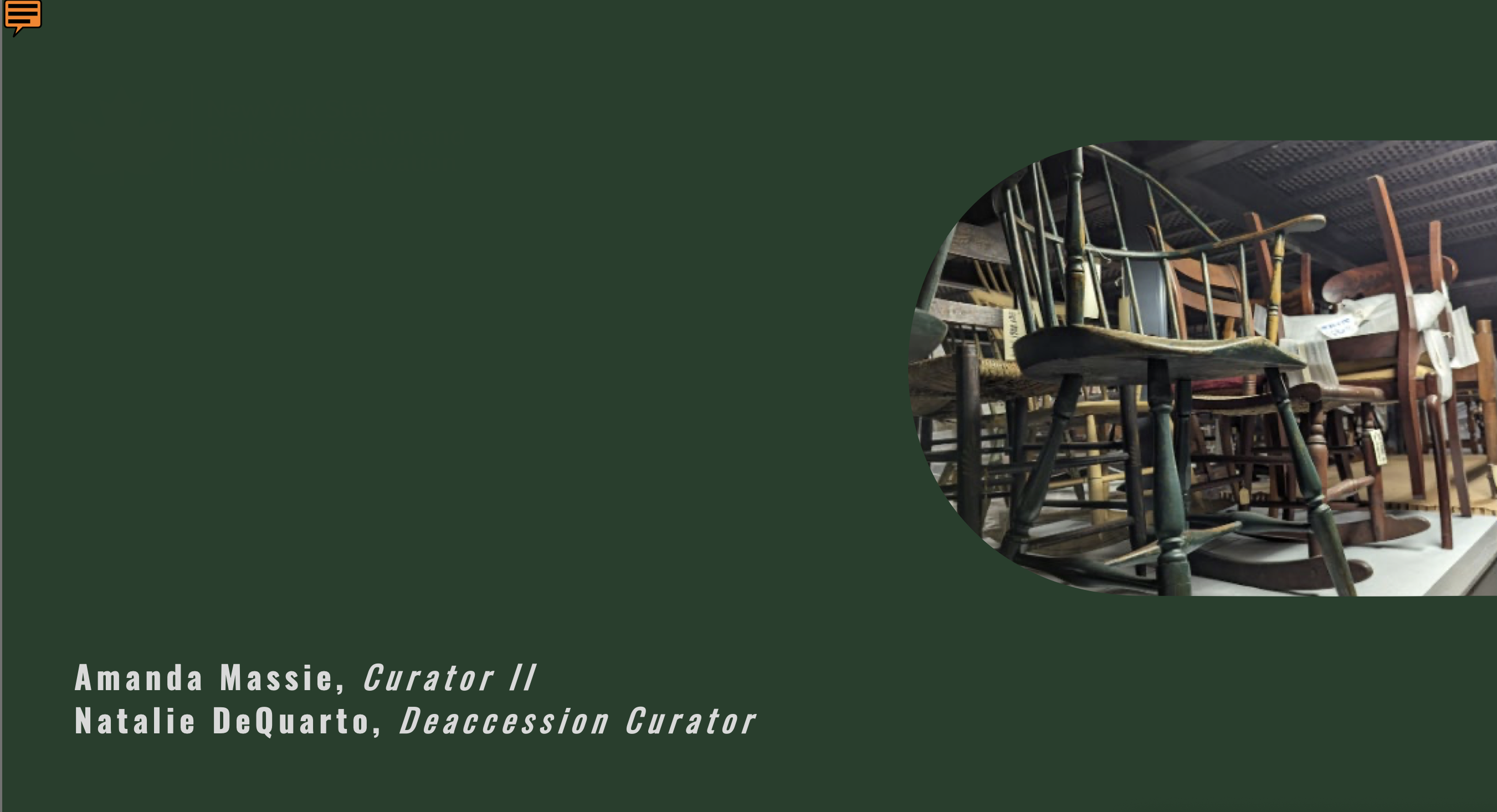
In this recent DHPSNY webinar, Senior Curator Amanda Massie and Deaccession Curator Natalie DeQuarto shared insights from New York State’s Bureau of Historic Sites, which manages historic collections from more than 34 sites, including some that began collecting 175 years ago. Together, they discussed the challenges of caring for a growing collection of roughly one million objects and the strategies used to align with current field standards. The webinar highlighted the Bureau’s first Deaccession Curator role, exploring methods for responsibly removing items, considerations for preservation…
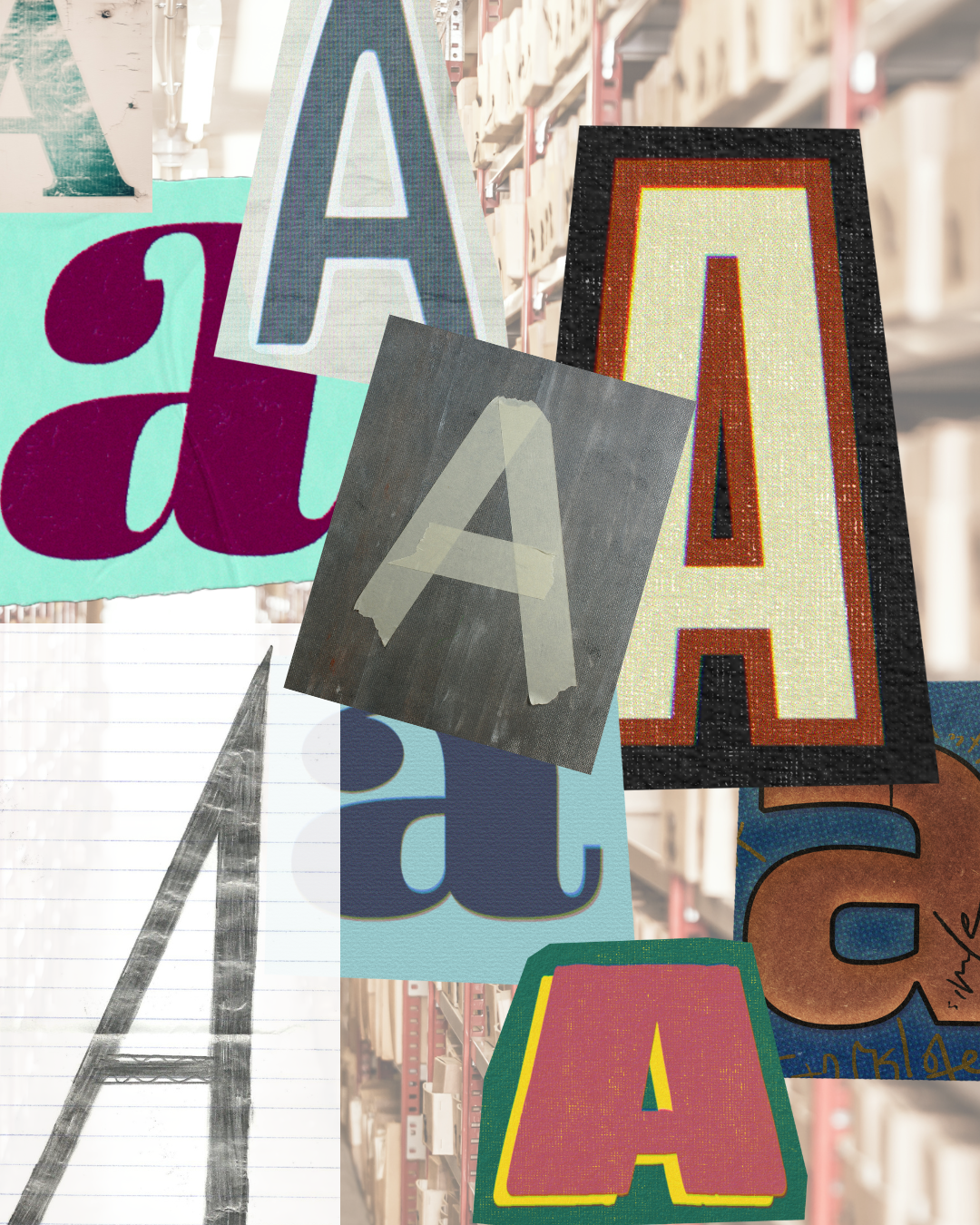
Sometimes the archives field feels like it was designed to cause maximum alphabetical amusement. There are so many A-words, you almost need an archaeologist (or an archivist) to dig you out. So, let's take on the challenge with a cheeky wink, wandering through the wonderful world of archival A-words: access copy, accessible, accession, acquisition, appraisal, archive, archival, arrangement, authenticity, and authority.
Access/Accessible
In archival practice, access refers to the ability to locate, retrieve,…
Pagination
- Page 1
- Next page
